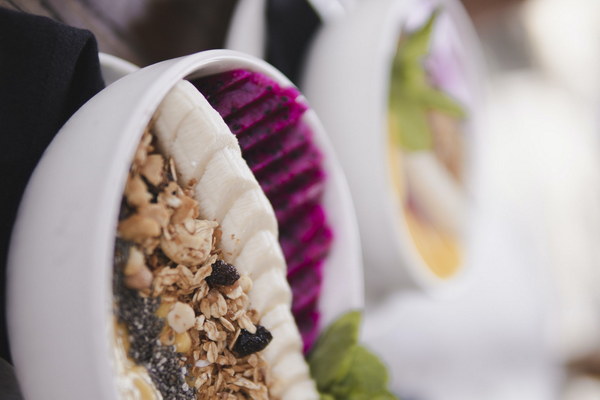Revitalizing Your Lungs A Guide to Lung Detox After Quitting Smoking
Quitting smoking is a monumental step towards improving one's health, but the journey doesn't end there. The lungs, having been exposed to the harmful toxins of cigarettes for years, may still bear the scars of smoke damage. Here's a comprehensive guide to help you detoxify your lungs after quitting smoking.
Understanding the Damage
Before diving into the detox process, it's crucial to understand the extent of the damage caused by smoking. The toxic substances in cigarettes can lead to inflammation, scarring, and a weakened immune system in the lungs. Over time, these effects can lead to chronic respiratory diseases such as emphysema and chronic bronchitis.
The Detoxification Process
1. Increase Hydration: Drinking plenty of water helps flush out the toxins from your body. Aim for at least 8 glasses a day. Adding a slice of lemon or cucumber can add flavor and further aid in the detoxification process.
2. Deep Breathing Exercises: Practice deep breathing exercises to improve lung capacity and increase oxygen flow. Techniques like pranayama, a traditional yoga practice, can be particularly beneficial.
3. Regular Exercise: Engaging in regular physical activity helps to strengthen your lungs and improve overall health. Activities such as walking, jogging, swimming, or cycling can be beneficial.
4. Avoid Pollutants: Minimize your exposure to secondhand smoke, air pollution, and other irritants that can exacerbate lung damage.
5. Meditation and Mindfulness: Stress can worsen respiratory conditions, so practicing meditation and mindfulness can help manage stress levels and promote healing.
Natural Remedies for Lung Detox
1. Herbal Teas: Herbal teas like green tea, ginger tea, and echinacea can help in the detoxification process. Green tea is rich in antioxidants that may help reduce inflammation and protect lung tissue.
2. Honey and Lemon: A mixture of honey and lemon can act as a natural expectorant, helping to clear mucus from the lungs. This combination can be taken in warm water or as a cough syrup substitute.
3. Turmeric: This spice contains curcumin, a compound that has anti-inflammatory properties. Adding turmeric to your diet or using it in tea can help reduce lung inflammation.
4. Steam Therapy: Inhaling steam can help to loosen mucus and open up airways. You can add eucalyptus oil to your steam for added benefits.
5. Breathing in Essential Oils: Essential oils such as peppermint, eucalyptus, and rosemary can be inhaled to help clear the lungs. They can be added to a diffuser or mixed with a carrier oil for a massage.
Dietary Adjustments
1. Fruits and Vegetables: A diet rich in fruits and vegetables can provide antioxidants and other nutrients that support lung health. Leafy greens, berries, and citrus fruits are great choices.

2. Omega-3 Fatty Acids: Foods high in omega-3 fatty acids, like fish, flaxseeds, and walnuts, can help reduce inflammation in the lungs.
3. Avoid Certain Foods: Minimize the intake of processed foods, fried foods, and high-fat dairy products as they can contribute to inflammation and respiratory problems.
Seek Professional Help
While natural remedies and lifestyle changes can aid in lung detoxification, it's important to consult with a healthcare professional. They can provide personalized advice and monitor your progress.
Conclusion
The process of lung detoxification after quitting smoking is a gradual one. By incorporating these strategies into your daily routine, you can help your lungs heal and restore their function. Remember that patience and consistency are key. With time, your lungs will thank you for the effort you've put into their care and restoration.






![Nourish Your Body Naturally Exploring the Wonders of Traditional Chinese Medicine with [Brand Name] Herbs](http://img.bluepurple.cn/a/养生/360/Nourish-Your-Body-Naturally-Exploring-the-Wonders-of-Traditional-Chinese-Medicine-with-Brand-Name-Herbs.jpg)


